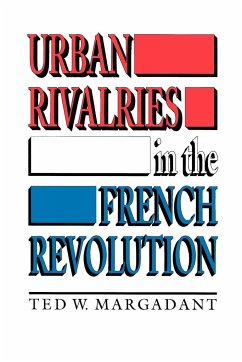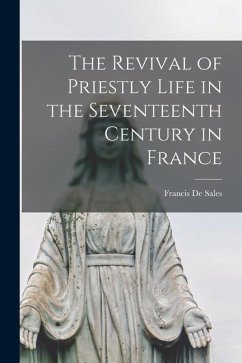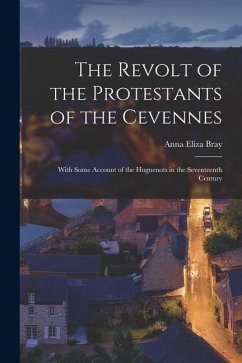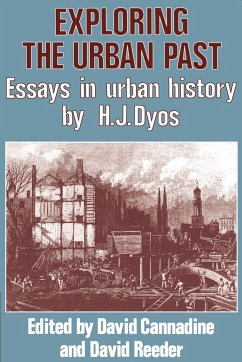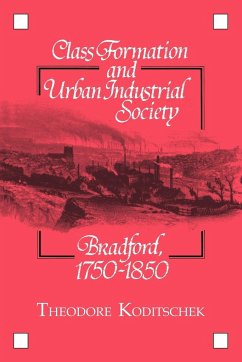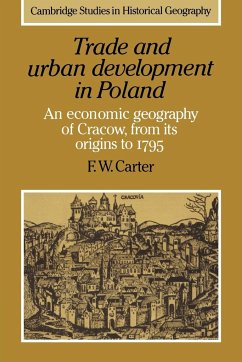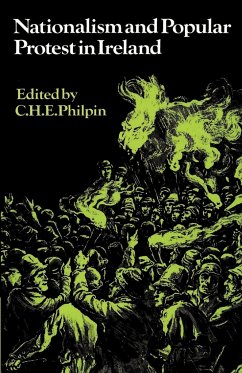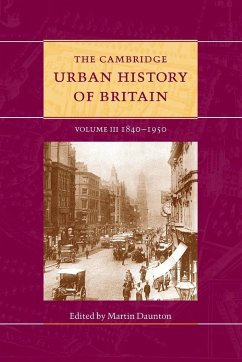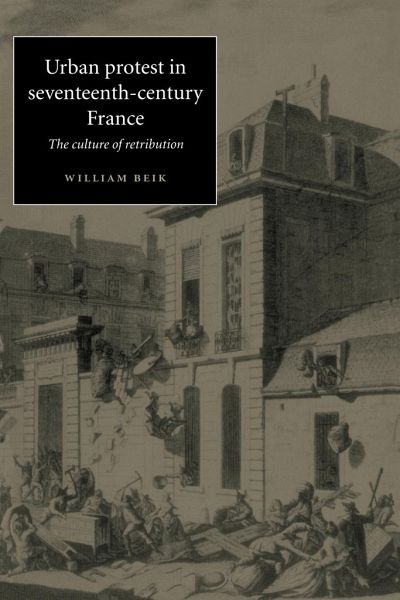
Urban Protest in Seventeenth-Century France
The Culture of Retribution

PAYBACK Punkte
22 °P sammeln!
This lucid and wide-ranging survey is the first study in English to identify a distinctive urban phase in the history of the early modern crowd. Through close analysis of the behaviour of protesters and authorities in more than fifteen seventeenth-century French cities, William Beik explores a full spectrum of urban revolt from spontaneous individual actions to factional conflicts, culminating in the dramatic Ormee movement in Bordeaux. The 'culture of retribution' was a form of popular politics with roots in the religious wars and implications for future democratic movements. Vengeful crowds ...
This lucid and wide-ranging survey is the first study in English to identify a distinctive urban phase in the history of the early modern crowd. Through close analysis of the behaviour of protesters and authorities in more than fifteen seventeenth-century French cities, William Beik explores a full spectrum of urban revolt from spontaneous individual actions to factional conflicts, culminating in the dramatic Ormee movement in Bordeaux. The 'culture of retribution' was a form of popular politics with roots in the religious wars and implications for future democratic movements. Vengeful crowds stoned and pillaged not only intrusive tax collectors but even their own magistrates, whom they viewed as civic traitors. By examining in depth this interaction of crowds and authorities, Professor Beik has provided a central contribution to the study of urban power structures and popular culture.
Table of contents:
Preface; List of figures; List of maps and illustrations; List of tables; 1. Introduction: urban protest; 2. Everyday resistance; 3. The culture of retribution; 4. The position of the magistrates; 5. The ambivalence of the magistrates; 6. Notable uprisings before 1661; 7. Notable uprisings under Louis XIV; 8. Factional parties and popular followings; 9. Princely leaders and popular parties; 10. Popular parties in Bordeaux's Fronde; 11. Conclusion: the culture of retribution; Appendix; Notes; Select bibliography.
This lucid and wide-ranging survey is the first comparative study of the interaction between crowds and public authorities in the early modern period. Through comparative analysis of eyewitness narratives from more than fifteen seventeenth-century cities, William Beik explores the full spectrum of urban French unrest.
An original contribution to the comparative study of crowds, urban power, and absolutism.
Table of contents:
Preface; List of figures; List of maps and illustrations; List of tables; 1. Introduction: urban protest; 2. Everyday resistance; 3. The culture of retribution; 4. The position of the magistrates; 5. The ambivalence of the magistrates; 6. Notable uprisings before 1661; 7. Notable uprisings under Louis XIV; 8. Factional parties and popular followings; 9. Princely leaders and popular parties; 10. Popular parties in Bordeaux's Fronde; 11. Conclusion: the culture of retribution; Appendix; Notes; Select bibliography.
This lucid and wide-ranging survey is the first comparative study of the interaction between crowds and public authorities in the early modern period. Through comparative analysis of eyewitness narratives from more than fifteen seventeenth-century cities, William Beik explores the full spectrum of urban French unrest.
An original contribution to the comparative study of crowds, urban power, and absolutism.






![The Protest of Peter McLaren, Lumberer and Manufacturer [microform]: Residing at Perth, County of Lanark, Province of Ontario, Against the Enactment o Cover The Protest of Peter McLaren, Lumberer and Manufacturer [microform]: Residing at Perth, County of Lanark, Province of Ontario, Against the Enactment o](https://bilder.buecher.de/produkte/65/65555/65555192n.jpg)
